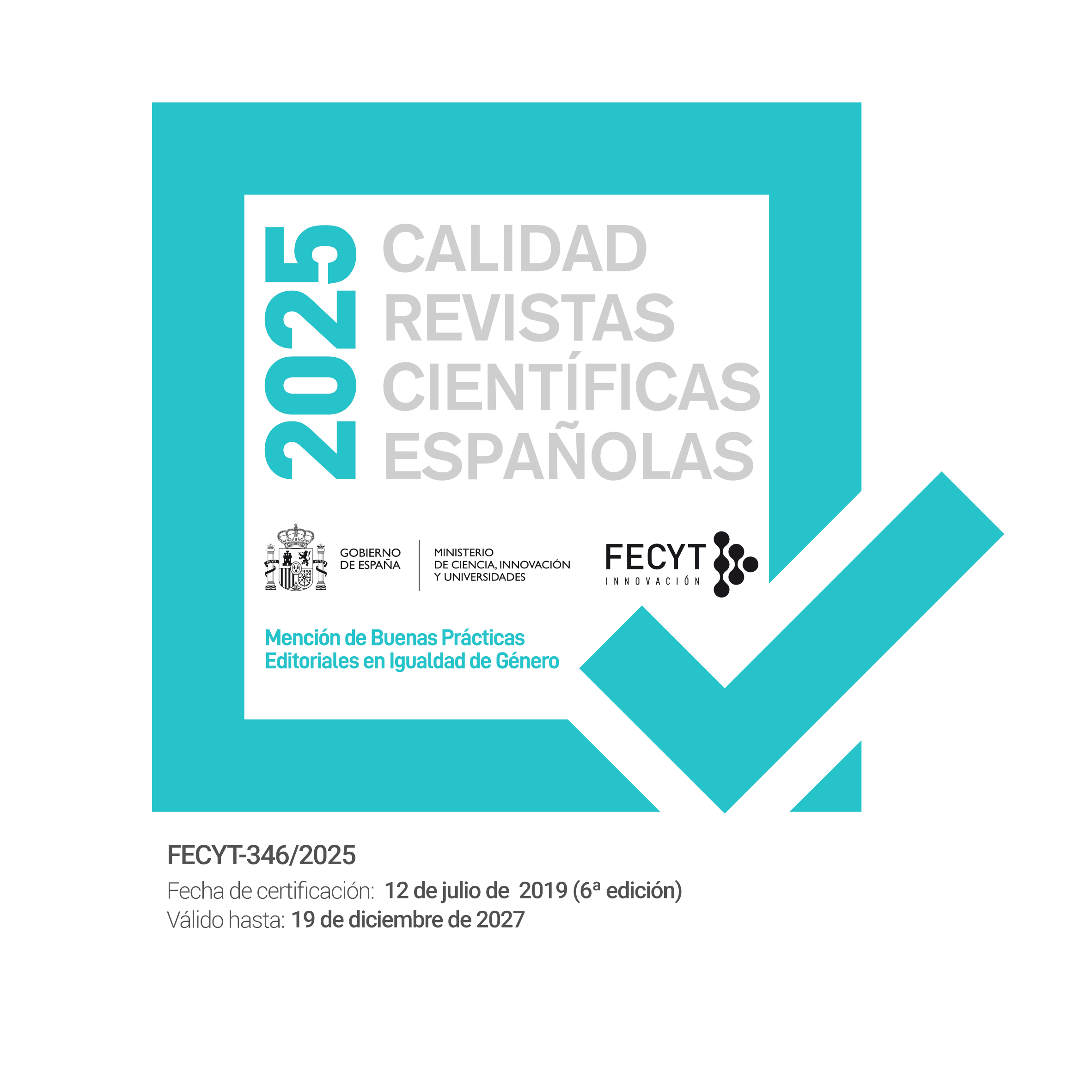The sociology of the subject and the study of the new extreme right
A conversation with Michel Wieviorka
Keywords:
Nouvelle Droite, sociology of the subject, anti-subject, populism, VoxAbstract
The conversation with Michel Wieviorka is divided into three modules. In the first, Wieviorka analyses the historical and social context in which the Nouvelle Droite emerged in France, as well as other extreme rightists in Europe, making a distinction between Western and Eastern Europe. He also reviews the particular characteristics of these new rightists, their differences depending on the context, and their relationship with phenomena such as populism. In the second module, he discusses the possibilities of the sociology of the subject for the analysis of these processes and these collectives, pointing out the methodological difficulties and the ontological dimension implicit in the research process. In the third part of the conversation, Wieviorka describes the context in which Vox arises and its fundamental characteristics within the collectives and parties of the contemporary extreme right, and finally discusses anti-Semitism in Spain.
Downloads
Downloads
Published
How to Cite
Issue
Section
License
Copyright (c) 2021 Encrucijadas. Revista Crítica de Ciencias Sociales

This work is licensed under a Creative Commons Attribution-NonCommercial-NoDerivatives 4.0 International License.
Los autores/as conservan los derechos de autor y ceden a la revista el derecho de la primera publicación, con el trabajo registrado con la licencia de atribución de Creative Commons Reconocimiento-NoComercial (CC-BY 4.0), que permite a terceros utilizar lo publicado siempre que mencionen la autoría del trabajo y a la primera publicación en esta revista. Encrucijadas permite y se anima a todas las personas autoras a depositar la versión final publicada en repositorios institucionales o temáticos de acceso abierto, cumpliendo en caso necesario los términos establecidos por la entidad financiadora de la investigación.





